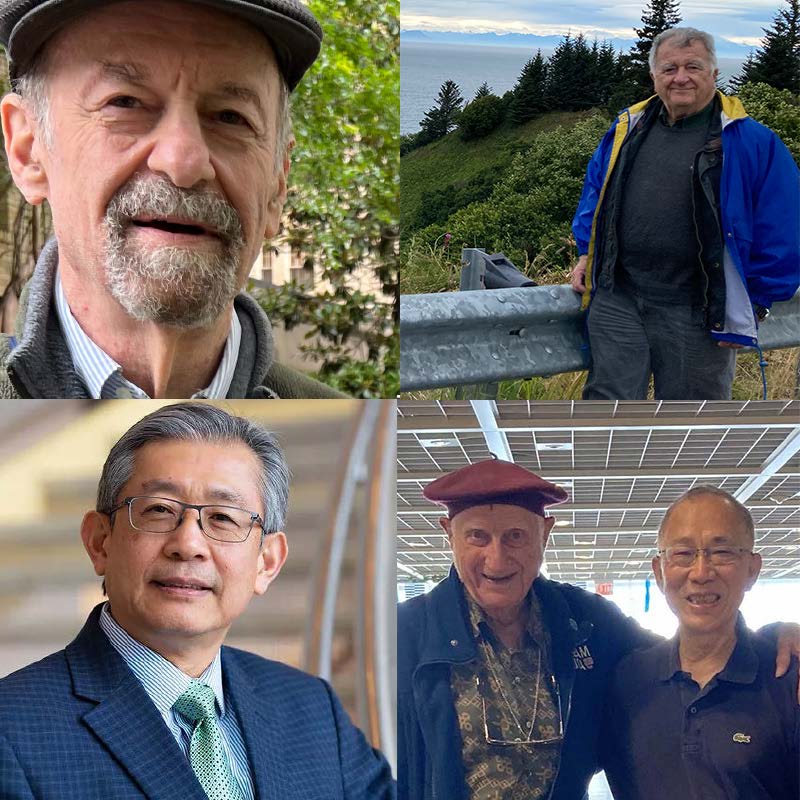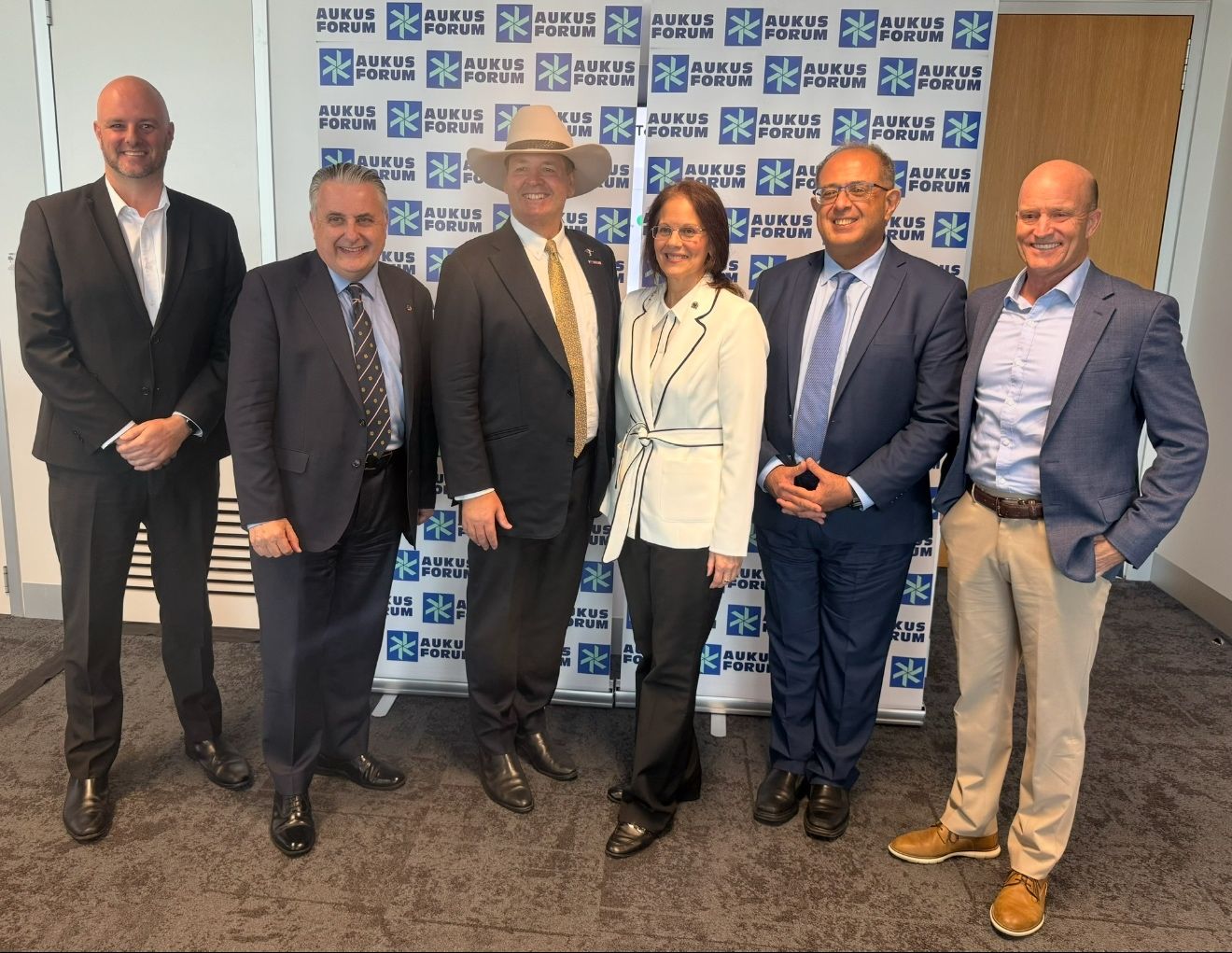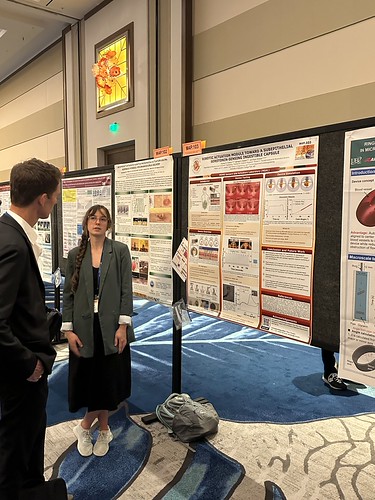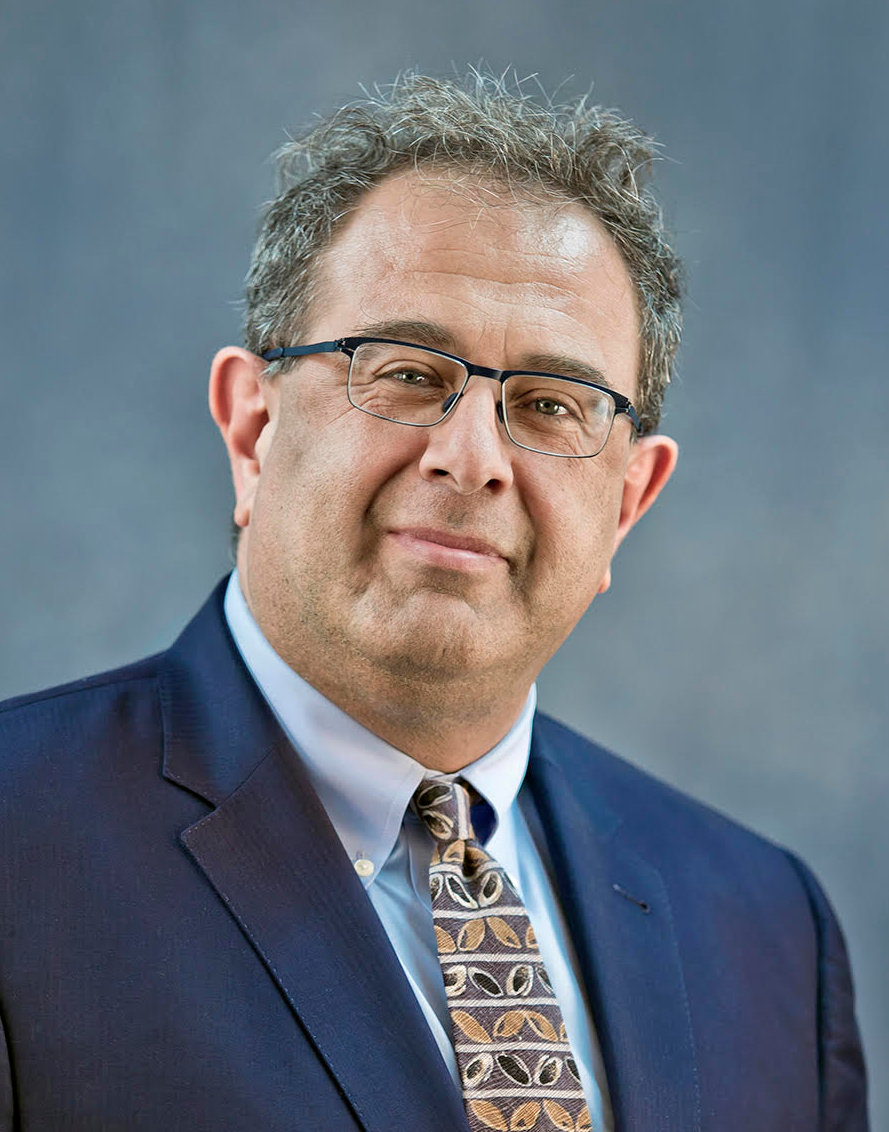News Story
Four ECE Faculty Retire

Four Department of Electrical and Computer Engineering faculty have retired this year. The department thanks them for their years of teaching and service.
Tony Ephremides
Distinguished University and Cynthia Kim Chair on Information Professor Emeritus Tony Ephremides, retired on July 1st, 2021 after 50 years at the University of Maryland.
During this time, he contributed significantly to the ECE Department, particularly to the development of education programs and new courses. He has held other professional roles, including President of the Information Theory Society (1987); Member of the Board of Governors of the Information Theory Society (1981 to 2011); and Member of the IEEE Board of Directors. On campus, he co-founded the NASA-funded Center for Commercial Development of Space and was a founding member of the ISR.
Regarding his retirement, Ephremides says “After serving in the ECE dept for 50 years I can proudly say that I contributed to its spectacular transformation to one of the top departments in the Nation and in the world. I felt the time has come to pursue other activities while still staying connected with my professional home for half-a-century.”
In the past year, Professor Ephremides has continued his research on Information Freshness through collaborations with colleagues from Sweden, Greece, France, Germany and China. He also continues to supervise graduate students at UMD. Leisure travel has been a part of his past year, including trips to the Greek island of Sifnos and Alaska.
K.J. Ray Liu
Distinguished University Professor and Christine Kim Eminent Professor of Information Technology K.J. Ray Liu retired from ECE on January 1st, 2022.
After joining the department in 1990, Professor Liu had a lasting impact in numerous ways. From 2002 to 2003, he led the department’s modernization efforts for the communications and signal processing curriculum.
He then served as Associate Chair and Director of Graduate Studies from 2006 to 2012, during which he dramatically improved the quality of ECE graduate program and revitalized the Master’s in Telecommunications (ENTS) program, resulting in an increased number of students. Liu has trained over 70 PhD students and postdocs, in which about half are faculty members worldwide and 10 of them have been recognized as IEEE Fellows.
Liu was recognized by the A. James Clark School of Engineering with the Poole and Kent Senior Faculty Teaching Award (2005), the Outstanding Faculty Research Award (2008), and the Outstanding Service Award (2012). Three times he received a University of Maryland Invention of the Year Award, and he was honored with a Distinguished Scholar-Teacher Award in 2007. Lis is the recipient of two IEEE Technical Field Awards: the 2021 IEEE Fourier Award for Signal Processing and the 2016 IEEE Leon K. Kirchmayer Graduate Teaching Award. Additionally, he is a fellow of IEEE, AAAS, and the National Academy of Inventors. He serves as the 2022 IEEE President and CEO.
After retiring from the ECE Department at the end of 2021, Dr. Liu is focusing on Origin Wireless, the award-winning company he founded in 2012. His team has provided breakthrough research in WiFi sensing through artificial intelligence. Their discoveries are being commercialized for use in multiple areas such as home security, healthcare, internet service providers, IoT, and automotive.
Steve Marcus
After 30 years with the ECE Department, Professor Emeritus Steve Marcus retired on July 1, 2021.
After joining the department in 1991, he served as Director of ISR until 1996, and as chair of the ECE Department from 2000 to 2005. He also held the positions of Interim Associate Provost, and Director of Faculty Leadership in the Provost’s office. He has been recognized by the University of Maryland with the Poole & Kent Teaching Award 2013, a Distinguished Scholar-Teacher Award for 2000-2001, and an Outstanding Systems Engineering Faculty Award, ISR, in 1998.
Since his retirement, Professor Marcus has continued to work with Professor Michael Fu and his students on two projects: an AFOSR grant on “Simulation Optimization: New Approaches to Gradient-Based Search and Maximum Likelihood Estimation, and an NSF grant to improve kidney transplant access and decision making. He also has more time now to pursue his interest in music by playing jazz flute, as well as visiting family in New York City, particularly to visit his grandson Caleb, born in 2020.
Reflecting on his time with ECE, Professor Marcus explains “I am grateful to have had the opportunity to be part of the ECE and ISR communities for the past 30 years, and to have worked with so many colleagues and friends. It was rewarding to be Director of ISR and Chair of ECE, and especially to have been able to hire young faculty who have had successful careers and who have grown into being leaders on the UMD campus.”
Robert W. Newcomb
Professor Emeritus Robert W. Newcomb retired on February 1st, 2021, after 51 years with the ECE Department, along with three years at Berkeley and 10 years at Stanford (tenured).
He led the Department Graduate Program, directed the Microsystems Laboratory, and sponsors a Writers Here and Now poetry lecture series; he also chaired the committee establishing the campus Applied Mathematics Program.
His research was widely regarded worldwide, and he has been recognized internationally by the Universidad Politecnica de Madrid’s naming of the “Laboratorio de Comunicacion Oral Robert Wayne Newcomb in 2005, and a Fellowship for undergraduates named after him at Pohung University of Science and Technology in South Korea (as well as one on campus). He is an IEEE Fellow and an AIMBE Fellow and has received the IEEE Circuits and Systems (CAS) Society Golden Jubilee Medal Award and the IEEE CAS Society Education Award.
Since his official retirement, Professor Newcomb has been continuing his research in several areas. He recently gave a talk in Seville, Spain on “Bio-Magnetic Stimulation and some open problems”; he continues his research in this field with his on-campus affiliates and Professor Mohammad Safar of Kuwait. Later this year, he will present another talk in Seville on the synthesis of all real-rational scattering matrices. He is also working on the conversion of Schroedinger’s equation to non-uniform transmission lines for VLSI microwave quantum circuit design, as well reviewing journal articles, NSF and international foundation proposal reviews.
Published October 25, 2022







